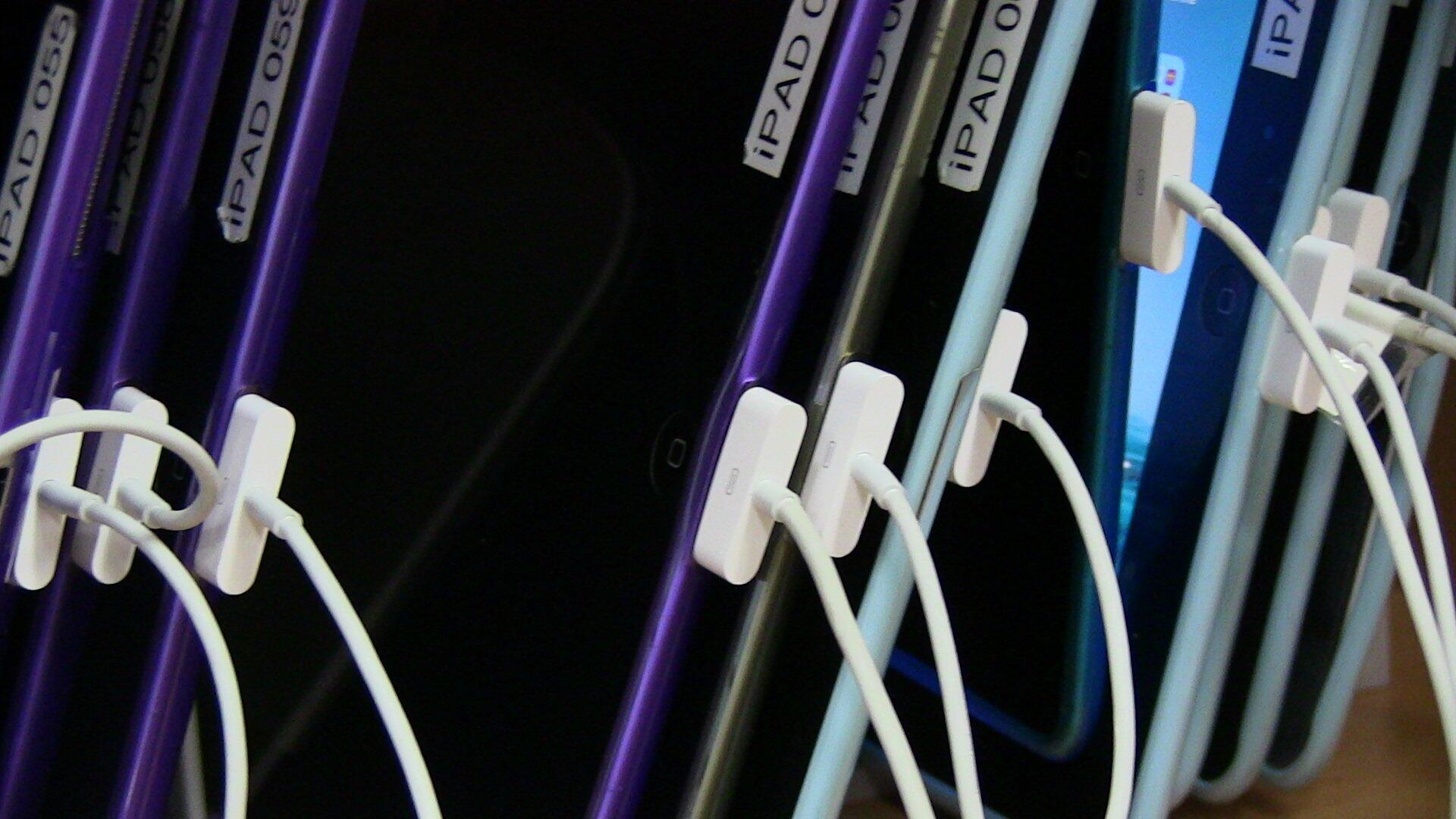Electric vehicles (EVs) are rapidly gaining popularity as consumers become increasingly conscious of environmental issues and seek alternatives to traditional gasoline-powered cars. As the adoption of electric vehicles grows, so does the demand for efficient and convenient charging solutions. Installing an electric car charger at home is a significant step towards a sustainable future, allowing drivers to charge their vehicles conveniently overnight or during the day. We will explore the key aspects of electric car charger installation in Vancouver, including types of chargers, installation considerations, costs, and benefits, providing a comprehensive understanding of the process and what to expect.
Types of Electric Car Chargers
When considering electric car charger installation, it is essential to understand the different types of chargers available. There are three primary levels of electric vehicle charging: Level 1, Level 2, and DC Fast Charging. Level 1 chargers utilize a standard 120-volt outlet, making them the most accessible option. However, they are also the slowest, typically adding about 4 to 5 miles of range per hour of charging. This type of charger is suitable for drivers who primarily use their vehicles for short trips and can charge overnight without needing a quick turnaround.
Level 2 chargers, on the other hand, use a 240-volt outlet and can significantly reduce charging time. These chargers can provide around 25 miles of range per hour, making them ideal for daily commuters or those who frequently drive longer distances. Level 2 chargers require a dedicated circuit and may need professional installation, which brings us to the third type: DC Fast Chargers. These chargers are designed for commercial use, typically found at public charging stations, and can charge a vehicle to 80% in about 30 minutes. While they are not practical for home installation, they represent the future of fast-charging infrastructure.
Installation Considerations
The installation of an electric car charger involves several important considerations. First, it is vital to assess your home’s electrical capacity. Electric car chargers require significant power, and homes with older electrical systems may need upgrades to support a Level 2 charger. A qualified electrician can evaluate your current electrical panel, ensuring it can handle the additional load without overloading circuits or creating safety hazards.
Second, consider the charger’s location. The ideal spot should be easily accessible for your vehicle and close to the electrical panel to minimize the length of wiring needed. If the charger is installed in a garage, ensure sufficient space for the vehicle to park without obstructing other objects. Outdoor installations should be weatherproof and adhere to local building codes, especially in areas with harsh weather conditions.
Finally, local regulations and permits may be necessary for installation. Depending on your location, you may need to check with your municipality or homeowners association for electric vehicle charger installation guidelines. Some areas may have specific codes for electrical work, requiring a licensed electrician to install to ensure safety and compliance.
Cost of Installation
The cost of installing an electric car charger can vary widely based on several factors, including the type of charger, installation complexity, and local labor rates. This price typically includes the charger unit, installation materials, and labor costs. Level 1 chargers are generally less expensive to install since they utilize existing 120-volt outlets, but they may need to provide the charging speed that many EV owners desire.
Additional costs may arise if your electrical system needs upgrades to support the new charger. Homeowners should also consider the long-term savings on fuel and maintenance that come with owning an electric vehicle, which can offset the initial installation costs over time. Furthermore, various federal, state, and local incentives may help subsidize the installation cost, making it an economically viable option for many homeowners.
Benefits of Home Charging
Installing an electric car charger at home offers numerous benefits beyond convenience. One of the most significant advantages is charging your vehicle overnight, ensuring it is ready each morning without making special trips to public charging stations. This saves time and enhances the overall ownership experience by providing peace of mind that your vehicle is charged and ready to go.
Moreover, home charging can be more cost-effective than public charging stations. Many utility companies offer lower electricity rates during off-peak hours, enabling owners to take advantage of cheaper rates by charging overnight. Additionally, having a home charging station can increase the value of your property as more buyers seek homes with electric vehicle infrastructure. This increased demand can make your home more appealing in a competitive real estate market.
Lastly, having a dedicated home charger aligns with a sustainable lifestyle. By reducing reliance on fossil fuels and utilizing renewable energy sources to power your electric vehicle, you contribute to a cleaner environment. Many homeowners opt to install solar panels, further enhancing the sustainability of their charging solutions. This commitment to sustainability benefits the environment and can resonate with potential home buyers who value eco-friendly features.
Understanding electric car charger installation is essential for any homeowner considering transitioning to an electric vehicle. You can make informed decisions that align with your lifestyle and sustainability goals by recognizing the different types of chargers, installation considerations, costs, and benefits. Installing a home charging station enhances convenience and provides significant long-term benefits, including potential cost savings and increased property value. As electric vehicles continue to gain traction, having a dedicated charger at home positions you at the forefront of this transformative movement towards greener transportation. Embracing this change can lead to a more sustainable and efficient way of driving in the future.
Keep an eye for more news & updates on Gossips!




